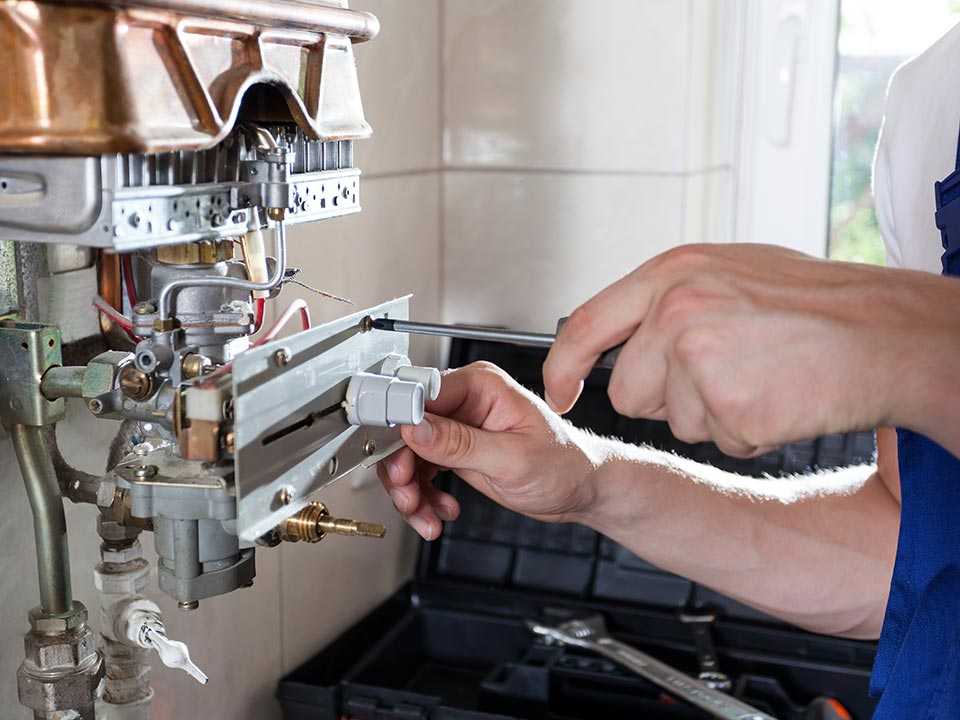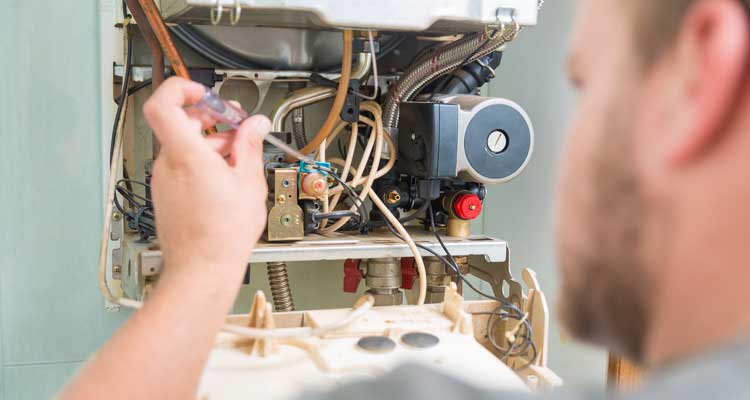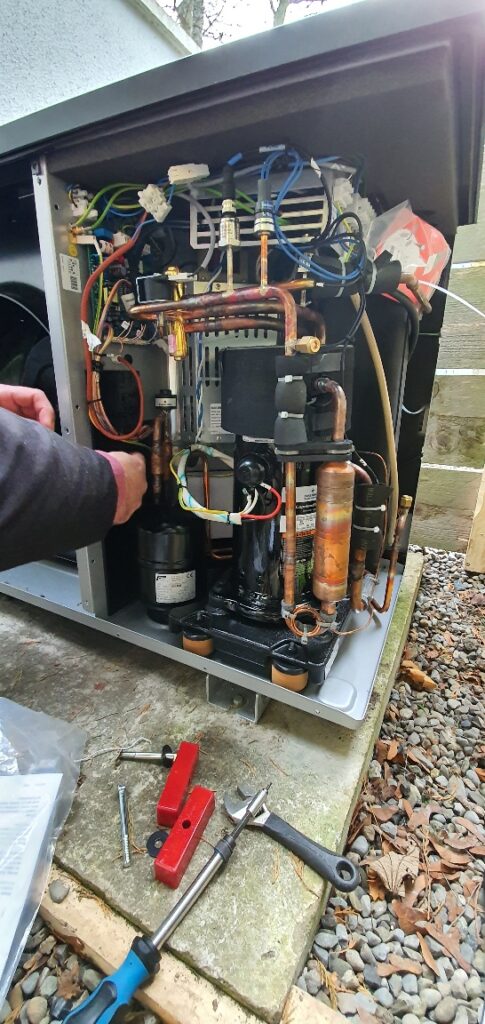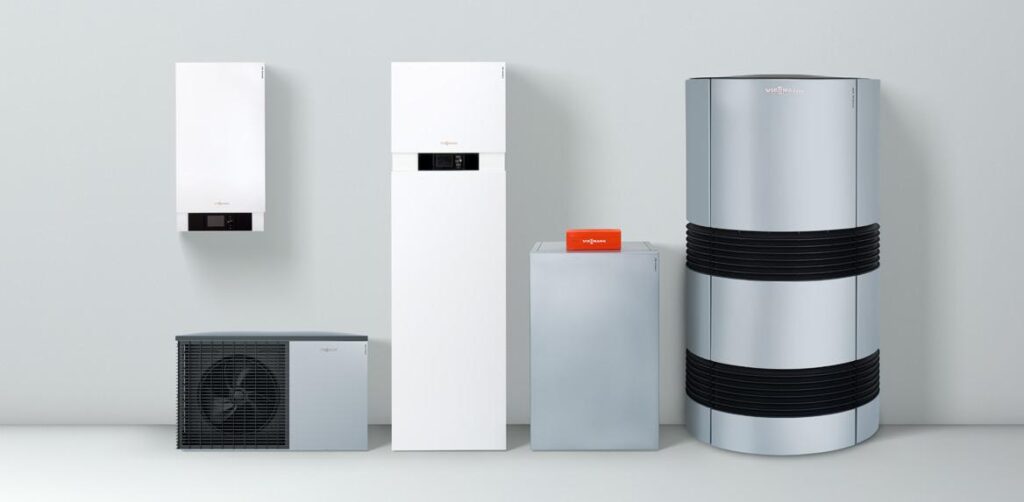Top Tips for Boiler Maintenance

What do you do to maintain your boiler? Annual boiler services may well have popped into your head. They are very important to do regularly – But that’s not the only thing you can do to help maintain your boiler. Looking after your boiler is something we see commonly overlooked by homeowners in Ireland. Yet […]
5 Benefits of Your Annual Boiler Service

Your boiler plays a central role in your home and not having an annual service can impact its performance, make your home unsafe and increase your energy expenses. Gas boiler services are regularly overlooked leaving you at risk of damaging your boiler whilst having a negative impact on the environment. How often should you get […]
Heat Pump Replaced and Upgraded in Blackrock

Dewar Gas Services were called by the client to inspect a leaking heat pump. Upon inspection, we found that it was poorly installed by the previous plumbing company less than 5 years ago and as they no longer traded, we advised the client to replace and upgrade the system to a Viessmann Vitocal 200-A 13kW […]
What Should the Pressure be on a Gas Boiler?

The gas boilers of today are easy on the wallet, relatively easy on the environment and very reliable. In saying that, they may still need some attention from time to time in order to run smoothly and efficiently. A common question we get is what should the pressure be on a gas boiler? Read on […]